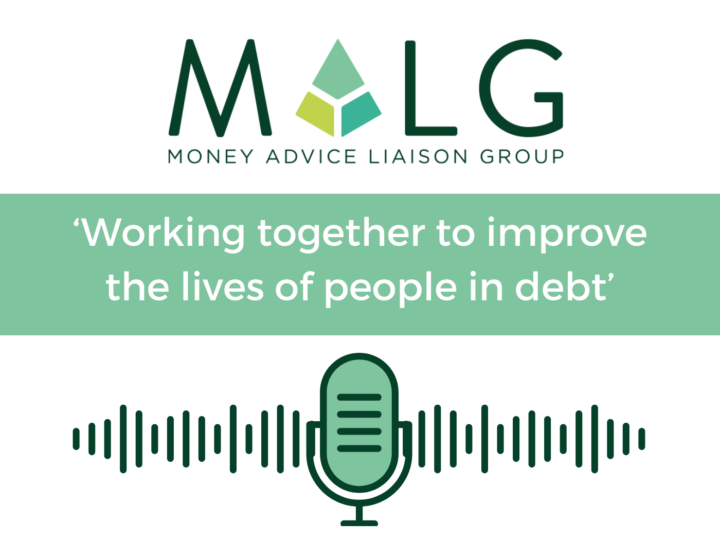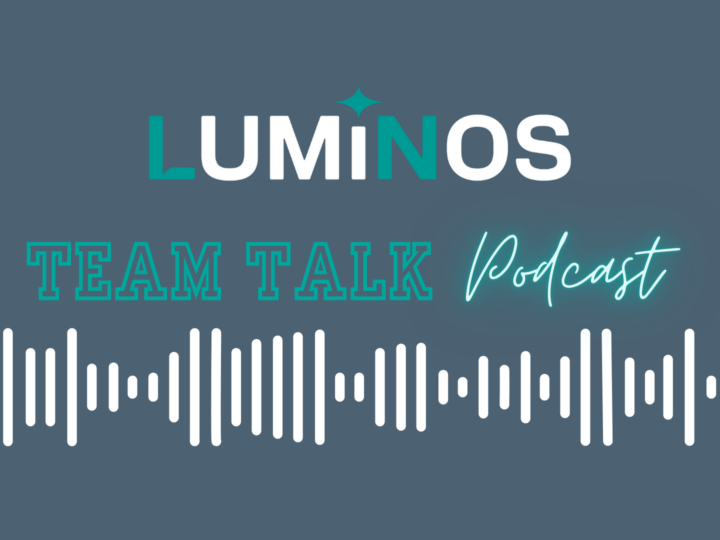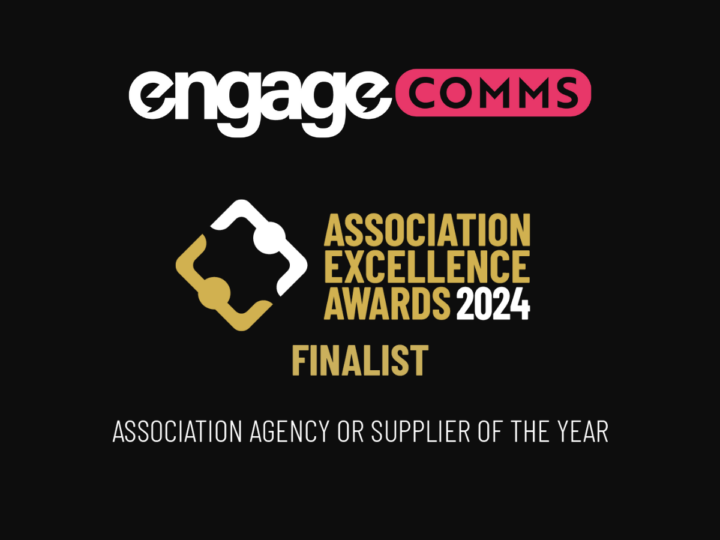
It’s almost five years since my business partner Jo and I took the plunge and set up our own business, Engage Comms Ltd. The reason we set up the business hasn’t changed, even if our client base and the way we work has. If anything, now that we’ve gained confidence and credibility, we’re going back to those core principles more than ever, rather than trying to ‘fit in’ with what clients expect from marketing agencies in the digital age.
Most of what we do is based on digital platforms. From a corporate communications perspective it’s a brave and amazing new world. I’m still (relatively!) young but I remember a time at the beginning of my career where the only means we had of reaching audiences was through the media. I even vaguely remember a time of sending out press releases via post!
Brands, companies and organisations can now be publishers on a wide range of platforms. This brings huge opportunity but many are still finding their feet and fundamental communications principles are forgotten in favour of the latest marketing ‘fad’.
Here’s five things that haven’t changed and that shouldn’t be forgotten about:
-
Consistency is still king
There are now so many communication channels and platforms to choose from and so much potential content to share that it’s tempting to keep ‘re-inventing the wheel’. It doesn’t matter if your Instagram followers are different to the people who read your blog, to be a credible, memorable, recognisable brand you need consistency of tone of voice and messaging. You may adapt it slightly for different audiences/media but there have to be core fundamental principles that remain the same. Clarity and consistency are two of the first things you learn about in PR and they remain the two most important elements of corporate communications in the digital age.
-
Nothing captures people’s interest more than people
In my early career, I learnt quickly that a story wasn’t a story without a human interest angle. This is why it was always so difficult to secure media coverage for legal and other clients who had confidentiality issues. Social media is all about people and it provides the opportunity to share stories about people without always revealing their entire identity. Case studies are still the most powerful way to sell a product or service and you can find the human interest angle no matter how boring or mundane. It’s about putting yourself in the audience’s shoes and telling stories from their perspective. Proactive online reviews has opened up a whole new world of customer insight to draw stories from – it’s an ‘old school’ PR professional’s dream!
-
Your audiences want to know where you stand
Press releases usually have to include a direct quote from at least one individual. This is partly because of the human interest angle mentioned above but also because the words contained within quote marks weren’t parading as objective ‘fact’. The ‘fake news’ agenda of recent years has opened up debate about the accuracy of reporting but it has always been the case that people want to know what other people’s stance is on something, whether it can be backed up or not. As an organisation, you need to have values and beliefs that are reflected in everything you say. It may be the case that ‘facts tell and stories sell’ but that doesn’t mean those stories shouldn’t be genuine and honest. If they’re not, today’s audiences will see through them even more quickly than they did in the past.
-
Language matters
I may be a bit too much of a stickler for grammar when it comes to my inability not to outwardly cringe at the wrong use of your/you’re in a quickly scrawled social media post in which the meaning is still clear despite the glaring mistake, but the fact is that language matters just as much as it always has. With digital interactions taking over face-to-face ones, the written word is relied upon even more heavily to get messages across. And it is even more open to interpretation by a very diverse mass audience. Writing skills are still hugely under-rated in marketing communications.
-
You have to know what makes you different
It’s easy to fall into the trap of thinking that you can be/do the same as your competitors as long as you manage to rank above them in a search or get more impressions on a post. In my PR days, all our accountancy and legal clients wanted their comment on ‘The Budget’ to appear in the Yorkshire Post business pages but we had to manage their expectations that unless they were able/prepared to stick their neck out and say something completely different to everyone else, they didn’t stand a chance of getting mentioned. Just because journalists are no longer the ‘gate keepers’ and you can publish your own content doesn’t mean that generic commentary on any old topic will do. Audiences will hunt out the most relevant and best content and if you put mediocre in front of them one too many times. It doesn’t matter how many views you get, they’ll quickly dwindle away. In order to be able to say something ‘different’ under tight time conditions in response to something on the agenda, you need to know what it is that makes you different from the rest in the first place.
I feel like, five years on from setting up Engage Comms, we’re finally reaching a stage where clients are ‘over’ the race to be the most ‘digitally savvy’ and are turning back to the core principles that have always made up best practice business communications. Whether we’re launching a new gin brand or developing a new website for a financial services membership organisation, where we add most value is our ability to articulate a clear, consistent, relatable message in an authentic and unique tone of voice. In a hectic world of multi-channel content, it’s good to remember that simplicity is sacred.



